Vitamin D deficiency is highly prevalent in India, with studies reporting rates ranging from 40% to as high as 99%, and most estimates clustering between 70% and 90% across various populations and regions . This widespread deficiency is observed among all age groups, including children, adolescents, adults, and the elderly, in both urban and rural settings . Contributing factors include limited sun exposure due to indoor lifestyles, cultural clothing practices, high pollution levels, darker skin pigmentation, and dietary patterns low in vitamin D-rich foods.
Vitamin D, also known as the sunlight vitamin, is a fat-soluble vitamin controlling the optimum levels of calcium, magnesium and phosphorus in the body. Vitamin D holds significant importance as a vital element in the human body, including promoting bone health, backing up the immune system, reducing inflammation, and aiding calcium absorption. Though sunlight serves as the primary origin of vitamin D, certain vitamin D fruits and vegetables can also serve as a valuable source of this necessary nutrient. It is unique because our bodies can produce it when exposed to sunlight. Vitamin D is essential for various bodily functions and involves numerous processes. Let's explore the significance of vitamin D in the human body.
Vitamin D deficiency is extremely common in India, affecting 70–90% of people across age groups. This shortage is especially concerning for bone and orthopedic health, as vitamin D is crucial for calcium absorption and bone strength. Without it, bones can weaken, joints can ache, and the risk of osteoporosis, fractures, arthritis progression, and poor healing after orthopedic surgery increases significantly.
Factors like limited sun exposure, cultural clothing, pollution, darker skin pigmentation, and a diet lacking vitamin D-rich foods make Indians more vulnerable to orthopedic complications related to deficiency.

Wild-caught sockeye salmon contains extremely high amounts of vitamin D making it one of richest natural sources pretty much everywhere. A 3-ounce cooked serving provides roughly 570 IU of vitamin D or about 71% daily value needed for most adults nowadays. Salmon contains loads of omega-3 fatty acids besides vitamin D which bolsters heart health and brain function remarkably well overall. Pair salmon rich in vitamin D with copious amounts of healthy fats such as olive oil or creamy avocado for optimal absorption.
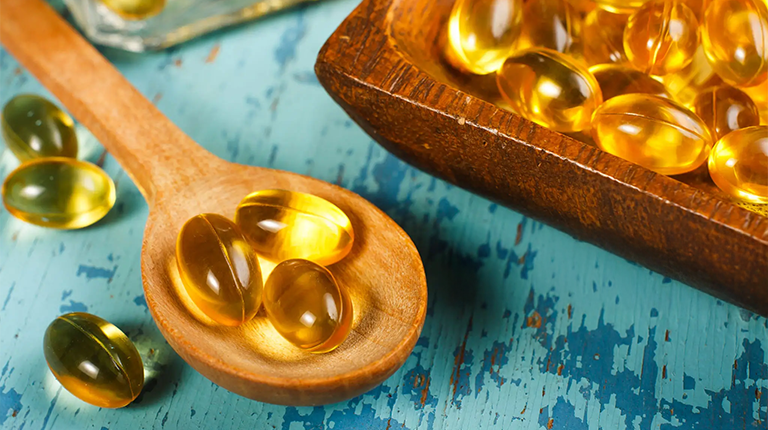
Wild-caught sockeye salmon contains extremely high amounts of vitamin D making it one of richest natural sources pretty much everywhere. A 3-ounce cooked serving provides roughly 570 IU of vitamin D or about 71% daily value needed for most adults nowadays. Salmon contains loads of omega-3 fatty acids besides vitamin D which bolsters heart health and brain function remarkably well overall. Pair salmon rich in vitamin D with copious amounts of healthy fats such as olive oil or creamy avocado for optimal absorption.

Certain mushrooms, such as maitake, morel, and shiitake, can produce vitamin D when exposed to sunlight. When fresh button mushrooms are deliberately exposed to the sun during midday for a duration of 15 to 20 minutes, they can produce significant amounts of vitamin D2. Typically, this results in vitamin D levels of approximately 10 g/100 g FW, which is in line with the recommended daily intake of vitamin D ( that is suggested by many health professionals).
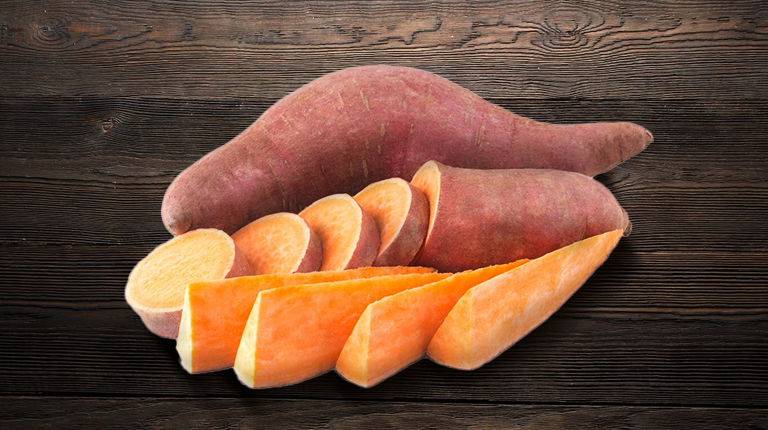
Sweet potatoes are packed with a plethora of essential nutrients, such as dietary fibre, manganese, vitamin A (in the form of beta-carotene), vitamin D, potassium, copper, and many others. Sweet potatoes are considered a healthier alternative to white potatoes. Not only do they boast a lower glycaemic index, but they also contain a higher quantity of fibre, making them a fantastic choice for those seeking a healthier alternative.
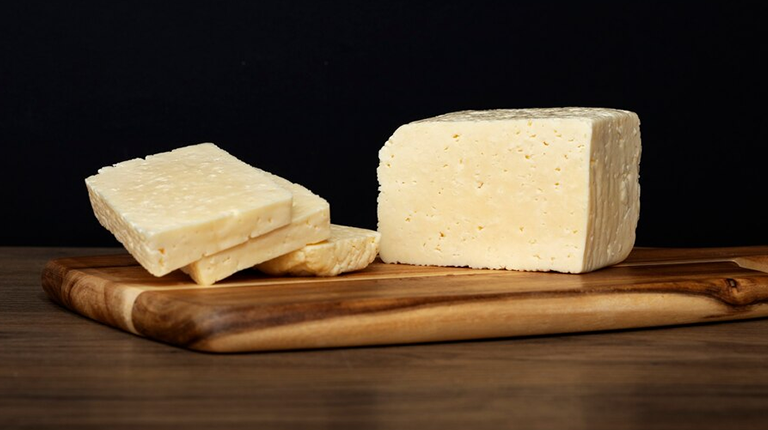
Cheese contains small but valuable amounts of vitamin D, about 34 IU per 3-ounce serving, along with calcium and protein. While not as rich as fish or fortified products, cheese can contribute to your daily vitamin D intake when consumed regularly.
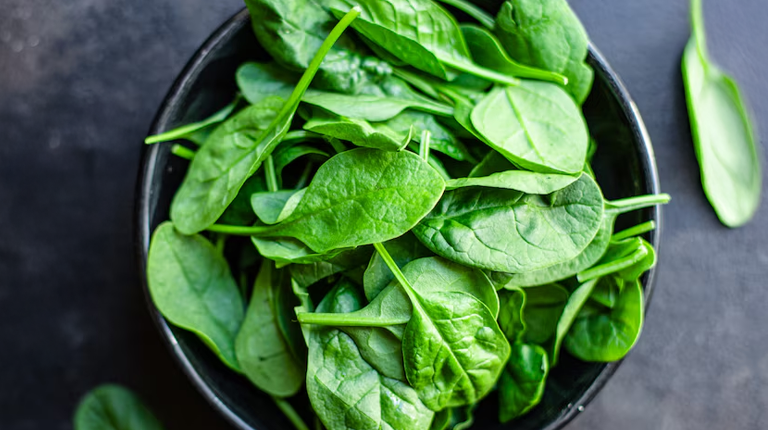
This leafy green veggie, known as spinach, is packed with essential nutrients. It offers a wide range of minerals, including vitamin D. Although the vitamin D levels in spinach are not high, it still adds to your overall nutritional intake.
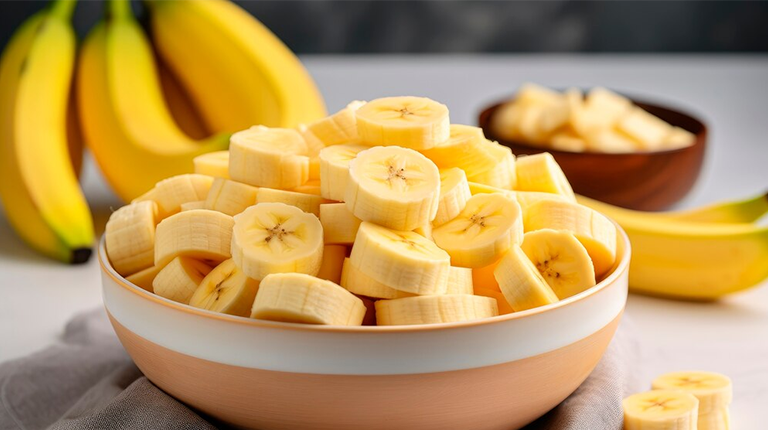
Banana is another excellent fruit rich in vitamin D. They serve as a remarkable source of magnesium, which stimulates the body's production of vitamin D. Magnesium plays a pivotal role in ,modulating parathyroid hormone levels and the active form of vitamin D, both of which play a crucial role in maintaining bone homeostasis. Incorporating 1 to 2 bananas into your daily diet is advised by health professionals. When it comes to selecting which fruits in vitamin d will be good, bananas are a reliable choice.
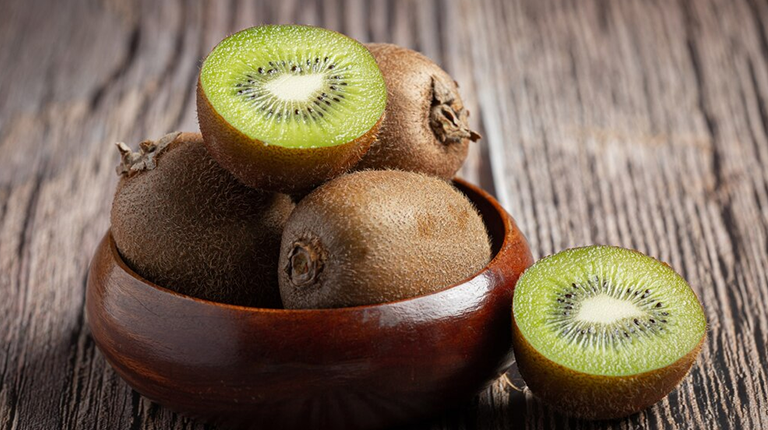
Kiwi is a delightful tropical fruit known for its vibrant green flesh and tangy flavor. Bursting with essential nutrients, including vitamin D, C, K, and fibre. When facing difficulties in determining which fruits in vitamin d should you go ahead with, always go by choosing kiwi as it makes a nutritious addition to your diet..
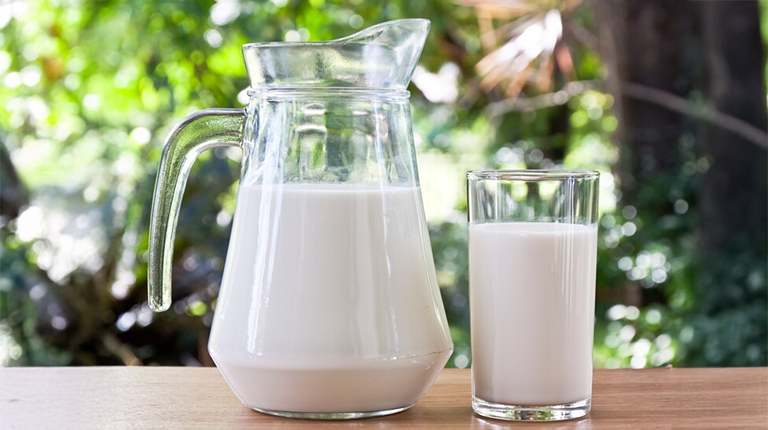
Milk is another drink that is often fortified with vitamin D to help us get this valuable nutrient. Like orange juice, milk is not a natural source of vitamin D, but the FDA allows manufacturers to voluntarily add up to 84 IU of vitamin D3 per 100 grams of milk and 84 IU per 100 grams of D2 to plant-based milk alternatives.

Egg yolk is an excellent and easily accessible source of vitamin D. One large egg yolk contains approximately 37 IU of vitamin D. Eggs are also a good source of protein, healthy fats, and other essential nutrients. It's important to note that vitamin D is found in the yolk, so consuming the whole egg is more beneficial. It can be boiled, used in omelets, or added to various other dishes.
Vitamin D possesses a distinct quality among Vitamins because our bodies can produce it when our skin comes into contact with Sunlight. Furthermore, it is also attainable through specific vitamin d fruits and vegetables. Here we will be highlighting the benefits of vitamin D in the Human body, supported by scientific research:
Now, it is also crucial to understand the normal range of Vitamin D that is recommended for various age categories, which is provided below:
| Food Item | Serving Size | Approximate Vitamin D (IU) | % Daily Value (DV) |
| Cod Liver Oil | 1 tablespoon | 1,360 | 170% |
| Salmon Fish (sockeye), cooked | 3 ounces | 570 | 71% |
| Rainbow Trout, cooked | 3 ounces | 645 | 81% |
| Sardines (canned in oil) | 2 sardines | 178 | 22% |
| Mushrooms (UV-exposed) | ½ cup | 136 | 17% |
| Fortified Milk | 1 cup | 120 | 15% |
| Fortified Plant Milks | 1 cup | 100–144 | 13–18% |
| Egg Yolks | 1 large | 37 | 5% |
| Fortified Orange Juice | 1 cup | ~100 | 13% |
| Cheese (Cheddar) | 3 ounces | 34 | 4% |
When the body lacks Vitamin D, it can lead to various health problems because of the vital role that vitamin D plays in preserving overall health and welfare. While the human body has the ability to produce vitamin D, there are certain individuals who may be more susceptible to experiencing a lack of this essential nutrient. There are several factors that can contribute to this potential deficiency, such as:
Getting an adequate amount of vitamin D is crucial for maintaining strong bones. The easiest way to ensure you have enough Vitamin D is to spend time outside under the sun. At the same time, including vitamin D fruits and vegetables into your diet or taking vitamin D supplements can also be extremely beneficial in aiding this process.
It aids in the absorption of calcium and phosphorus, which are crucial minerals for building and maintaining strong bones. By promoting calcium deposition and regulating bone remodeling, vitamin D helps in preventing conditions like osteoporosis and fractures.
Studies have indicated that maintaining adequate levels of vitamin D can enhance immune function and Orthopedic health, resulting in a lower susceptibility to illnesses. At MASSH Hospital, you can consult our highly skilled Bone / joint specialist and Dietician.
Get expert care for disc problems in Delhi. Learn about causes, symptoms & advanced treatments at MGS-MASSH Hospital for lasting relief.
Written by MASSH
Oct 13, 2025
Find the best orthopedic hospital in Delhi with expert care for bones, joints, and spine. Learn how to choose the right specialists for faster re...
Written by MASSH
Oct 10, 2025
Struggling with joint pain? Learn how osteoarthritis affects your joints and explore treatment options to manage pain and improve mobility.
Written by MASSH
Jul 15, 2025